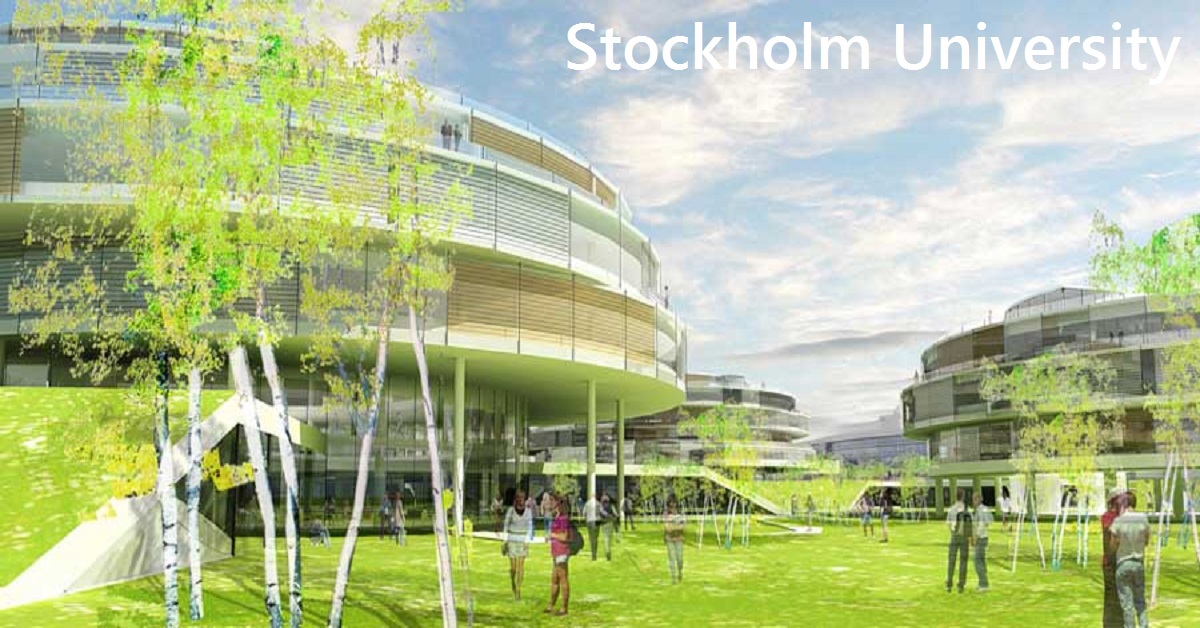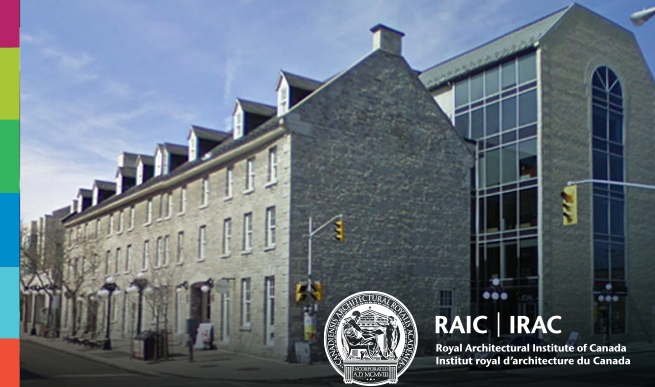
at the Department of Environmental Science. Closing date: 15 May 2023.
The Department of Environmental Science is one of the biggest departments at the Faculty of Science. The department consists of four units with more than 170 researchers, teachers, doctoral students and technical/administrative staff from over 30 countries. Research and teaching focuses on chemical contaminants, atmospheric science, biogeochemistry and (eco)toxicology. As an employee at the Department of Environmental Science you will be part of a dynamic environment with research in leading research areas and with a strong international profile.
Research in the Biogeochemistry Unit focuses on the biogeochemical cycles of carbon, nitrogen and metals in soils, fresh water bodies, and the ocean. The unit has a strong and long-standing research focus on the impact of global warming on Arctic environments with the overarching goal to improve the systems understanding and future projections of biogeochemical cycles in this system.
The Biogeochemistry Unit is now seeking a postdoctoral fellow to complement our team, with a focus on methane oxidation in the Siberian Arctic Ocean.
Project description
The shallow shelf seas north of Siberia show hotspots of high methane concentrations in bottom waters that might stem from ongoing organic matter decomposition, or from preformed deposits including methane hydrates and deeper thermogenic pools. In addition, increasing inflow of warm Atlantic water might destablize methane hydrates along the slopes. How much of this methane reaches the atmosphere depends on the efficiency of methane oxidation in sediments and the water column by aerobic or anaerobic microbial processes. Rates of methane oxidation in this area are largely unknown, limiting projections of current and future methane emissions from this important hot spot region.
The aim of this postdoctoral position is to provide observational constraints on methane oxidation rates in the Siberian Arctic Ocean, using samples and data from previous Arctic Ocean expeditions that are already available in Stockholm. These include a growing dataset on concentrations, 13C- and D-isotopic composition of methane across the water column and sediment pore water at hot spot and background locations, surface sediment samples, and sediment cores from decadal to glacial/interglacial age. Potential approaches might include the use of gradients in methane isotopic composition with distance from source, sediment incubations, biomarker approaches etc. Applicants are asked to provide a research plan as part of their application.
The advertized postdoctoral is part of the FORMAS project OASIS (Ocean Acidification in the SIberian Seas: The impact of permafrost thaw and methane; PI Birgit Wild), and is connected to a VR Distinguished Professor Grant (collaboration partner Örjan Gustafsson).
Main responsibilities
The postdoctoral fellow will be responsible for leading efforts to quantify methane oxidation on the Siberian Arctic Ocean shelves. This might include aerobic and/or anaerobic methane oxidation; sediment and/or water column processes; current, past and/or future conditions; and it might focus on selected areas of high interest. The postdoctor will be in charge of developing a research plan, executing laboratory work and data processing, writing publications as lead author and supporting publications as co-author, and coordinating the communication with international partners. For more information on the possible research, please contact Ass. Prof. Dr. Birgit Wild (birgit.wild@aces.su.se).
Qualification requirements
Postdoctoral positions are appointed primarily for purposes of research. Applicants are expected to hold a Swedish doctoral degree or an equivalent degree from another country.
Assessment criteria
The degree must have been completed at latest before the employment decision is made, but no more than three years before the closing date. An older degree may be acceptable under special circumstances. Special reasons refer to sick leave, parental leave, elected positions in trade unions, service in the total defense, or other similar circumstances as well as clinical attachment or service/assignments relevant to the subject area.
In the appointment process, special attention will be given to research skills. Special emphasis is put on the applicant’s knowledge and skills within the subject area, ability to express themselves verbally and in writing, analytical aptitude, creativity in scientific thinking, initiative and independence, and a capacity for working together with others. The evaluation will be based on the quality and ambition of previous work, scientific publications, references, and a cover letter motivating the candidate’s interest, and interviews. High value will be placed on the scientific quality and feasibility of the research proposal submitted with the application, and the ability of the candidate to execute the plan.
We are seeking a highly motivated person with a strong interest in large-scale greenhouse gas fluxes and the biogeochemical and microbial drivers that control them. A background in e.g. Environmental Sciences, Biology, Chemistry, or Geosciences would be highly suitable. Collaborative skills and proficiency in English are required.
Terms of employment
The position involves full-time employment for a minimum of two years and a maximum of three years, with the possibility of extension under special circumstances. Start date around fall 2023, or as per agreement.
Stockholm University strives to be a workplace free from discrimination and with equal opportunities for all.
Contact
Further information about the position can be obtained from Ass. Prof. Dr. Birgit Wild, birgit.wild@aces.su.se.
Union representatives
Ingrid Lander (Saco-S), telephone: +46 708 16 26 64, saco@saco.su.se, Alejandra Pizarro Carrasco (Fackförbundet ST/OFR), telephone: +46 8 16 34 89, alejandra@st.su.se, and seko@seko.su.se (SEKO).
Application
Apply for the position at Stockholm University’s recruitment system. It is the responsibility of the applicant to ensure that the application is complete in accordance with the instructions in the job advertisement, and that it is submitted before the deadline.
Please include the following information with your application
- Your contact details and personal data
- Your highest degree
- Your language skills
- Contact details for 2–3 references
and, in addition, please include the following documents
- Cover letter
- CV – degrees and other completed courses, work experience and a list of publications
- Research proposal (no more than 3 pages) describing:
– why you are interested in the field/project described in the advertisement
– why and how you wish to complete the project
– what makes you suitable for the project in question - Copy of PhD diploma
- Letters of recommendation (no more than 3 files)
- Publications in support of your application (no more than 3 files).
The instructions for applicants are available at: How to apply for a position.
You are welcome to apply!
Stockholm University contributes to the development of sustainable democratic society through knowledge, enlightenment and the pursuit of truth.
Closing date: 15/05/2023
![Postdoctoral and Research Opportunities at McGill University [CA]](https://scholaridea.com/wp-content/uploads/2020/06/mcgill-university-30-may-2019-768x402.jpg)

